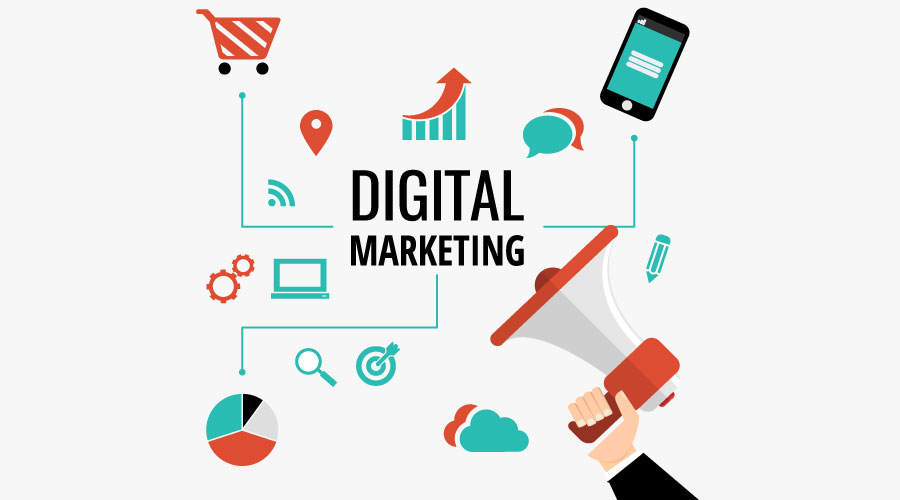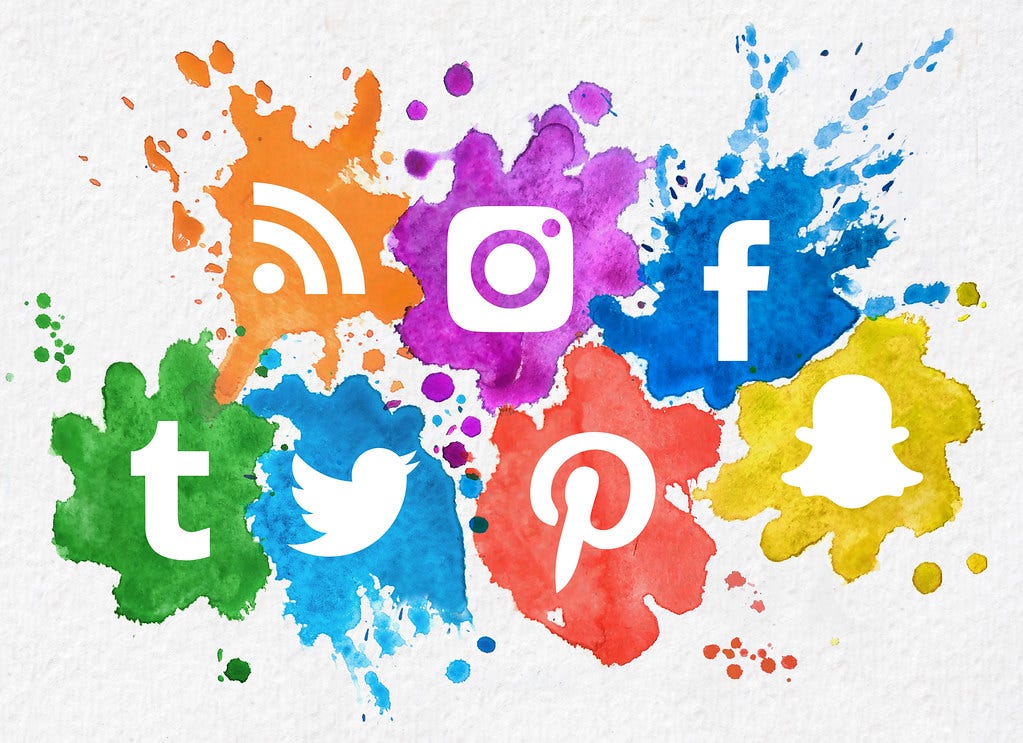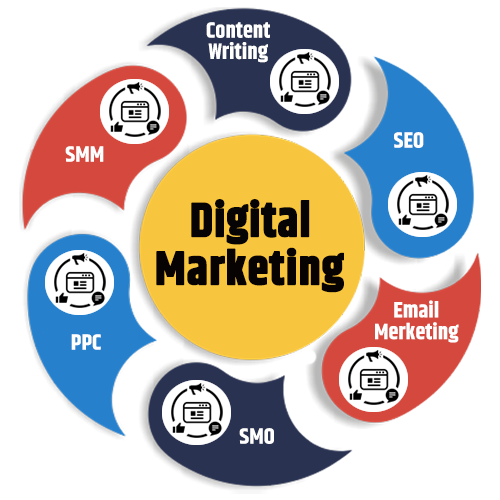With the world spending more time in front of screens and scrolling through multiple social media apps and pages, both established and new companies are shaping their businesses around the digital world. Their digital content is always under experimentation, aimed at generating more leads and, ultimately, sales.

Organizations in every sector—whether product, service, or technical—are seeking talented marketers, strategists, and writers to shape their marketing efforts in the digital realm. But with so many options in digital marketing, how do you choose the one that suits your skills and talents?
From content planning to analytics, the digital marketing team requires diverse talents for two major reasons: acquiring customers and retaining them.
If you’re still uncertain about where your talent fits best, read this blog to gain clarity.
What exactly is digital marketing
Curation, production, and implementation of all public-facing digital content for a company, brand, organization, or individual is digital marketing. Simply put, it’s the modern form of nomadic selling to different parts of the world, but here, you gain customers by posting on social media—whether regional, national, or international.

The most commonly used social media platforms are Instagram, Facebook, LinkedIn, and X. In addition, a digital marketing team will utilize email marketing, newsletters, and web-based advertising. SMS marketing also plays a significant role. We cannot neglect the importance of long-form content in generating traction for businesses.
Let’s discuss the dynamic roles in Digital Marketing:
1. Content Strategist
A content strategist plays a critical role in developing and aligning strategies with the company’s business goals and customers’ needs. This is done through the careful planning of high-quality, relevant content that provides intrinsic value to the reader. A content strategist must work closely with writers (both in-house and freelancers), run competitor analyses, and conduct content audits. Additionally, they may be expected to produce content and manage SEO when other content producers are unavailable.
2. Email Marketer
Email used to be a neglected sector of marketing, but recent global analytics have shown a significant shift, making email marketing a prominent mode of acquiring customers. Being somewhat complex, email marketers are expected to find a design and content format that resonates with customers on a personal level. They are also expected to build campaigns that align with the overall goals of the marketing team, track open rates, conduct A/B tests, and analyze what works best for their brand.
3. SEO Specialist
The crown jewel of any company is the SEO specialist. Their role is crucial in guiding potential customers to the product or service they are seeking by incorporating high-quality, relevant keywords into the content. SEO specialists are responsible for researching and identifying these keywords and ensuring the content is optimized to rank higher in search results. The ultimate goal of an SEO specialist is to help target customers find beneficial content, gradually building trust in the brand. This role can also be financially rewarding.
4. Digital Marketing Manager
A digital marketing manager oversees all of a company’s digital and social media pages. This includes successfully running campaigns and maintaining growth. They work closely with social media managers and the head of marketing to ensure tasks are aligned and distributed among the right people. The role also involves frequent collaboration with content production teams and working on strategy and planning with the entire team.
5. Social Media Manager
The brand’s voice and presence on social media channels are primarily handled by the social media manager. This role involves creating, planning, and scheduling shareable content across multiple social media platforms. After a successful campaign, the social media manager collects data from users to analyze and report findings back to the marketing team to optimize future campaigns. Collaboration with influencers and a solid understanding of Google Adwords and sponsored content are essential to ensure campaigns are executed successfully.
6. Data Analyst/Digital Marketing Analyst
Data analysts, or digital marketing analysts, are practically the backbone of a digital marketing team. They gather, organize, and interpret data to help the entire digital marketing team assess the strengths and weaknesses of direct competitors, leveraging this data to improve their own brand’s position. You must be skilled at spotting patterns and trends, as these will be used to form data-driven insights that will directly inform the marketing team’s future campaigns.
7. Content Creators
Content creators are the face of a digital marketing team. They are a team of creative writers, videographers, and graphic designers responsible for turning ideas into visually pleasing content for social media, blogs, and emails to reach the target audience and keep them coming back for more.
8. UX Designer
A UX designer plays an inevitable role in enhancing user experience. Their contribution to the digital marketing team involves conducting their own user research, complementing the marketing team’s efforts to gain a well-rounded understanding of the target customer. They design pages, elements, and content that attract customers with engaging and optimized UI/UX. This role is crucial for marketers because a user-friendly app or website can significantly increase customer conversions.
9. AI Specialist
We can no longer deny the importance of an AI specialist in digital marketing. AI specialists can significantly contribute to marketing efforts by building tools that scan data and user profiles to determine the best ways to communicate with customers. These tools help resolve pain points and deliver solutions at specific times to maximize impact and efficiency.
Before you think about enrolling in an expensive all-inclusive digital marketing degree, consider trying short courses, reaching out to industry experts, and experimenting with a few tools on your own. Plan some imaginary campaigns, schedule some posts, or conduct a few A/B tests to see how it feels to do the job for real.
There you have it—some of the most sought-after career paths in digital marketing, whether you have a degree, a diploma, or even self-taught knowledge.
Pic courtesy: Google
Reference articles: Careerfoundry, Indeed, LinkedIn

